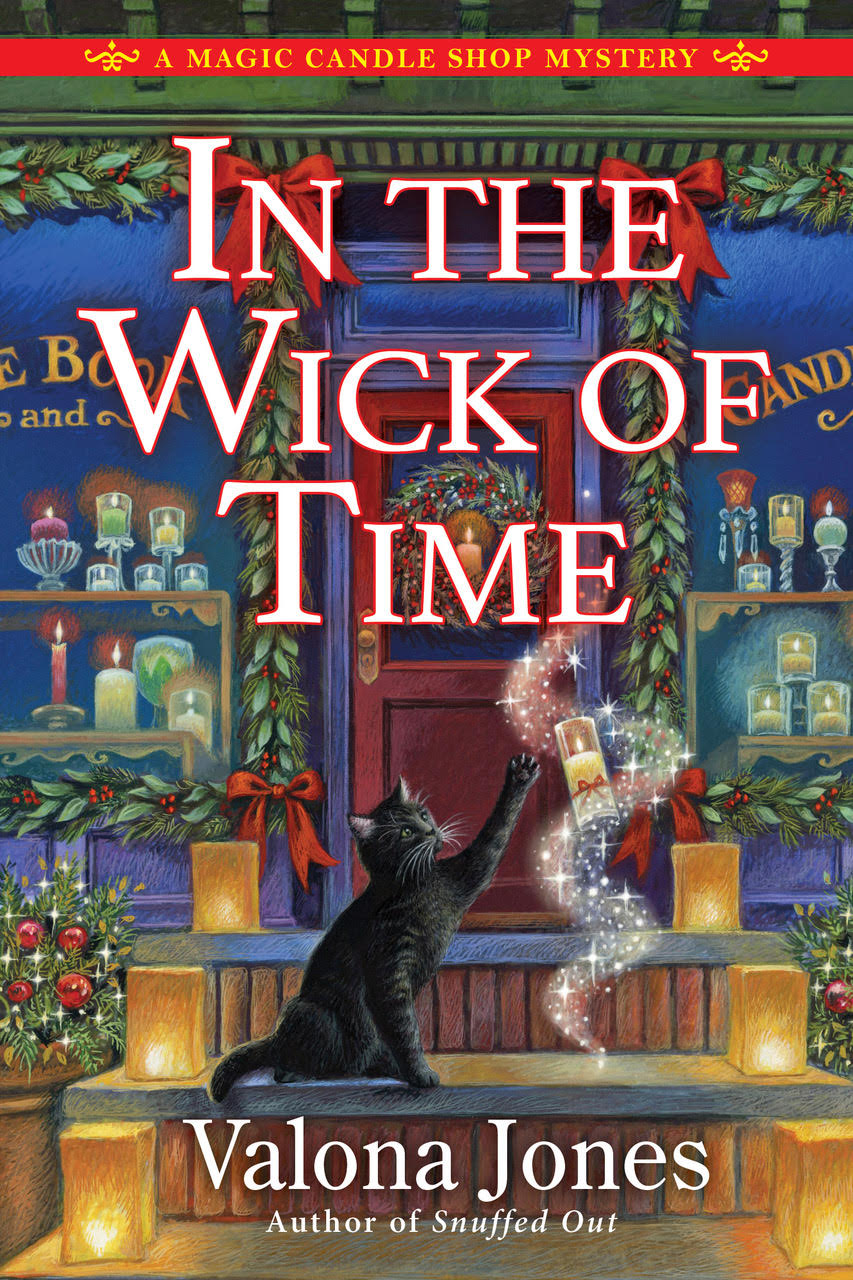One Writer’s Odyssey
This article first appeared in the October 2001 issue of Update, newsletter of Washington Romance Writers.
In 1995 my book-doctored historical romance was being actively marketed by my agent, the sequel was completed, and the final book of the trilogy was in the outline stage. I joined RWA and WRW to network the business side of things. I made contacts with other authors, smugly smiling to myself because my writing career was taking off. Life was good.
When I was soundly rejected in every market, my agent announced a new side business of printing books and offered to print my book if I was interested. Having been through the self-publication process with a family history several years earlier, I declined.
My analytical brain took charge. I have two college degrees and the necessary connections through my romance author’s association, so why did I need an agent? From this brilliant insight came the Year of the Editor. Valiantly I marketed my second historical. Whenever a rejection came in, I mailed out a letter to the next publishing house on the list. One year later, I had three unpublished historical manuscripts.
At the next yearly WRW meeting I chanced to hear a passing remark and almost forgot to breathe. The time period I had selected for my historical stories (1900-1920) did not count in the true historical market. I met with polite editors at the conference who hesitantly agreed to look at my work. But, the setting problem worried me.
The next year was the Year of the Rewrite. I moved all three stories to an earlier time(1860 to 1880). This was no small feat due to all the period research involved. My romance author friends supported me through e-mail, and my family assumed I was receiving nourishment from the computer because of my umbilical-like attachment to the thing.
As I was launching my writing career, my daughters were graduating high school, my house and yard work stacked up, my husband’s understanding wore thin, and of course, there was my day job as a scientist. My rational side began to war with my artistic side. I didn’t even know I had this split personality kind of thing until I began attending writer’s meetings. Was I an author? It didn’t feel like it.
Out of the blue I discovered another way to get professional feedback. The next year was the Year of the Contest. I judged contests. I entered contests. Rejection reached a whole new level of pain. My motivations weren’t strong enough. My characters were too melodramatic. But where was this place I was writing about? My peers all wanted to go there.
A future writing travel brochures was not what I had in mind. I needed help like a junkie needed a fix. Wasn’t I an author? Where would an author get help?
Along came the Year of the Critique Group. Actually the Critique Group only lasted six months but I got two strong leads out of the group. First off, our goal was to target a line and write a story that met all of that line’s requirements. It sounded so easy, so rational. Why hadn’t I thought of this before? Secondly, three other romance authors were quite certain that my writing voice was contemporary. I argued that I loved reading historicals. They countered that reading and writing were two very different things. Understanding dawned. I could change. I was an author.
After trying for two months to rewrite one of my historicals as a contemporary, I went on to craft a new category romance. The feedback for the outline and opening chapters of the book from my critique partners was positive. I slogged on through the chill of winter creating my marketing masterpiece.
Rejected again. And with a story that was unique to only one market. How could I have been so shortsighted? Would a real author have made such a mistake?
My brain chugged to a start. The problem must be that I didn’t know enough about what I was doing. Lucky for me, the national meeting of RWA was in DC that year. The Year of Education brought smiles to my credit card company. I bought every book known to man about writing, several on police work, the Merck Manual, reference books on personalities, herbs, and Maryland. I had no idea where I was going, but I wasn’t going to be stupid again.
My next contemporary manuscript was set in my oldest daughter’s college town. I did on-site research at Parent’s Weekend and through the Internet. I knew the names of all the roads, restaurants, hospitals, and hotels. This story was peddled to agents, editors, and went through a contest or two. Rejections abounded but something interesting happened with my contest scores. Instead of getting mediocre marks, I was now getting very high and very low marks. My writing friends said I was an author and not to let the low marks bother me.
Working with a therapeutic riding center gave me my next book idea. This story meant a lot to me and I felt quite strongly about the subject. This spawned the Year of the Query Letter. I set about writing the most interesting, most provocative, most compelling query letter of all time to market my completed horse story. Ten out of eleven publishing houses weren’t interested. But one house, and I reminded myself that it only takes one, said it was a very promising romance and if I’d be willing to change this, this, and this, they would like to see it again.
I was stunned. Voices whispered in my head: I am an author. I might even be published if I get this right.
I reread the personalized response twenty times and wondered if it was appropriate to frame the letter. It wasn’t an offer, but it was validation. And I would apply myself wholeheartedly toward reaching this new goal.
After all, I am an author. Life is good.











